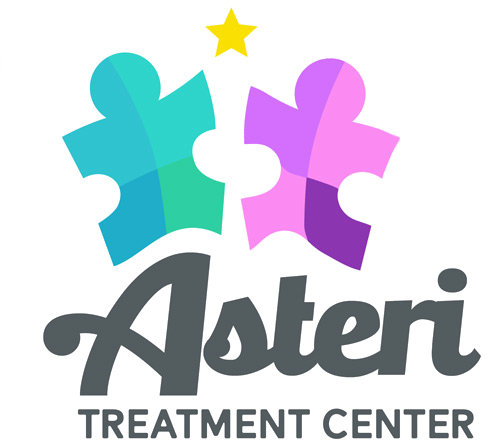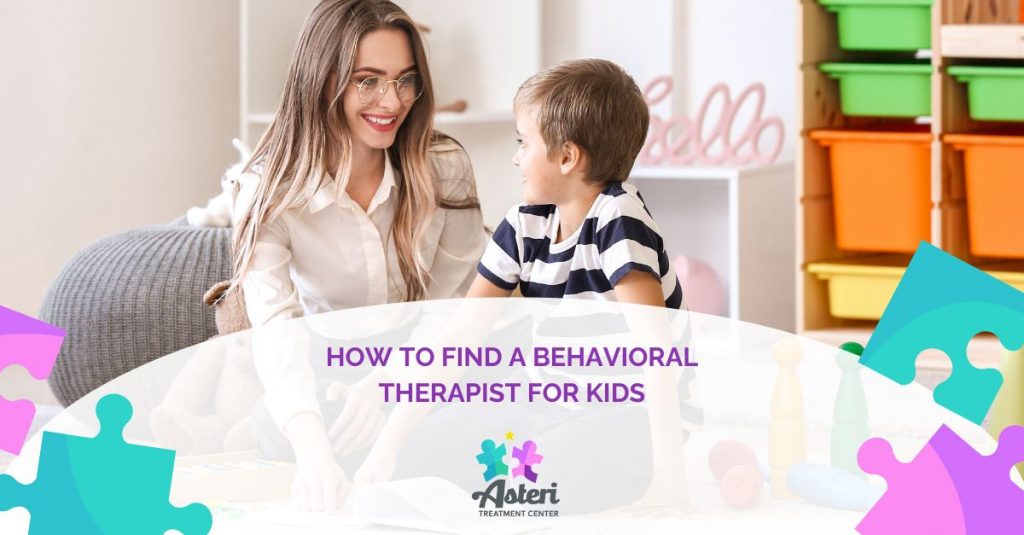Choosing the right behavioral therapist for kids is a critical step in supporting their emotional and psychological well-being. Since children may express their feelings and challenges differently than adults, finding a therapist who specializes in pediatric care can significantly influence the effectiveness of treatment. Here are some essential considerations to keep in mind when searching for a behavioral therapist for your child.
First and foremost, qualifications and experience matter immensely. Look for a therapist who holds advanced degrees in psychology, social work, or counseling, along with relevant licenses to practice in your state. Specialized training in child psychology or pediatric behavioral therapy is crucial, as these professionals understand the unique developmental stages and emotional needs of children. Inquire about their experience working with children who face similar challenges to your own child, whether those include anxiety, ADHD, autism spectrum disorders, or behavioral issues.
Qualifications for a Behavioral Therapist for Kids
Another important factor is the therapist’s approach to treatment. Behavioral therapy encompasses various techniques, such as cognitive-behavioral therapy (CBT) and play therapy. Understanding how the therapist plans to engage your child is essential. Many children respond well to play therapy, which uses play as a medium for expression and communication. This method allows children to convey their feelings and experiences in a way that feels safe and natural for them. When speaking with potential therapists, ask about their preferred methods and how they plan to adapt their approach to suit your child’s needs.
Compatibility and rapport are crucial in the therapeutic relationship, especially when working with children. Your child should feel comfortable and safe with their therapist, as a strong connection can foster openness and trust. During initial meetings, pay attention to how the therapist interacts with your child. Do they engage in a warm and encouraging manner? Are they patient and understanding? Observing the dynamic between your child and the therapist can provide valuable insights into whether they will be a good match.

In addition to interpersonal skills, the therapist’s ability to communicate with you as a parent is vital. You want someone who keeps you informed about your child’s progress and involves you in the treatment process. A collaborative approach can enhance the effectiveness of therapy, allowing you to reinforce strategies at home. During your initial consultation, ask how the therapist plans to involve you and provide updates on your child’s development.
Accessibility and logistics should not be overlooked. Consider the therapist’s location, availability, and whether they offer in-person or teletherapy options. Flexibility in scheduling is particularly important for families with busy lives, as it can significantly affect your commitment to attending sessions regularly. Additionally, inquire about cancellation policies and how the therapist handles emergencies, as these factors can impact your experience.
Finally, seek recommendations from trusted sources. Talk to pediatricians, teachers, or other parents who may have had positive experiences with local therapists. Online reviews and testimonials can also provide insights, but remember that every child is unique, and what works for one may not work for another.
Find the Right Care for Your Child
At the Asteri Treatment Center, we can help you tailor a therapy program that is right for your child. To learn more about our services, contact us via email, or call us today (800)400-9748.

